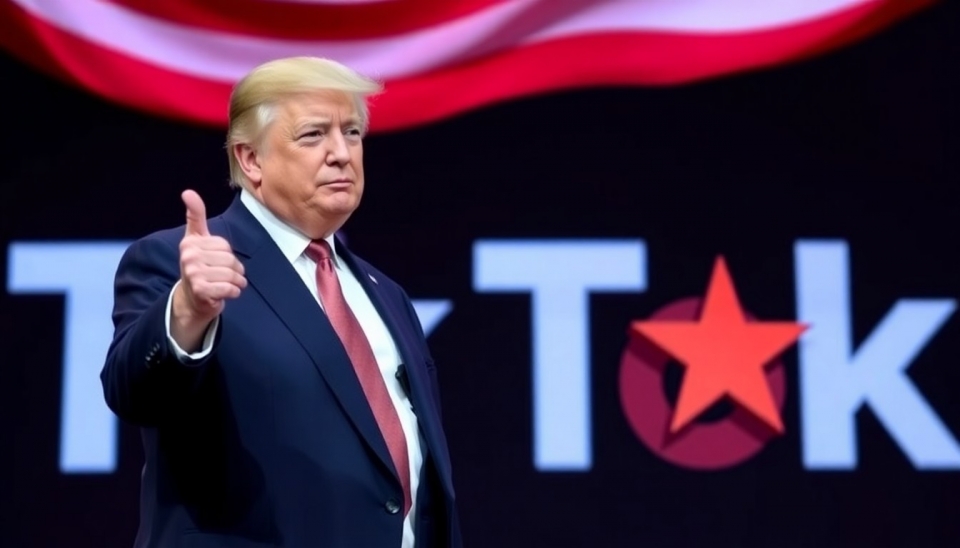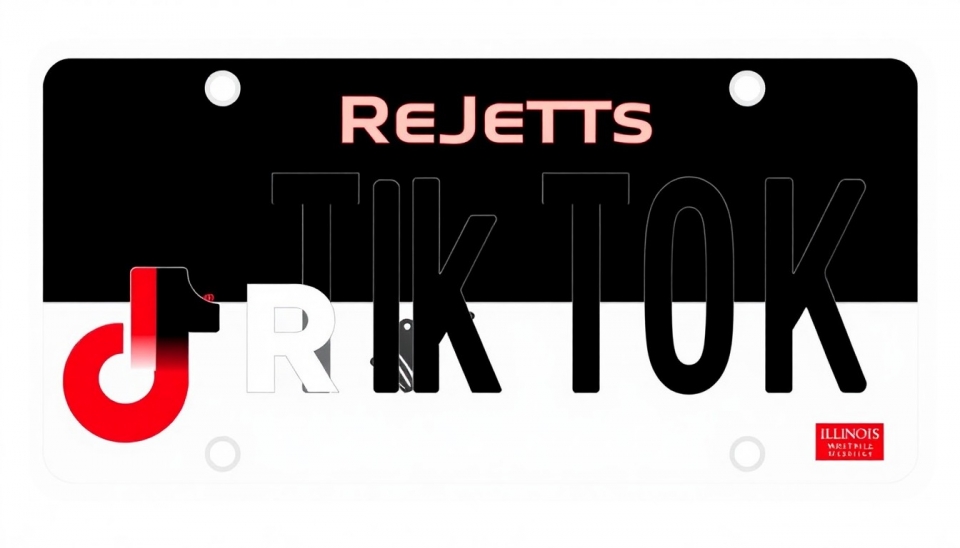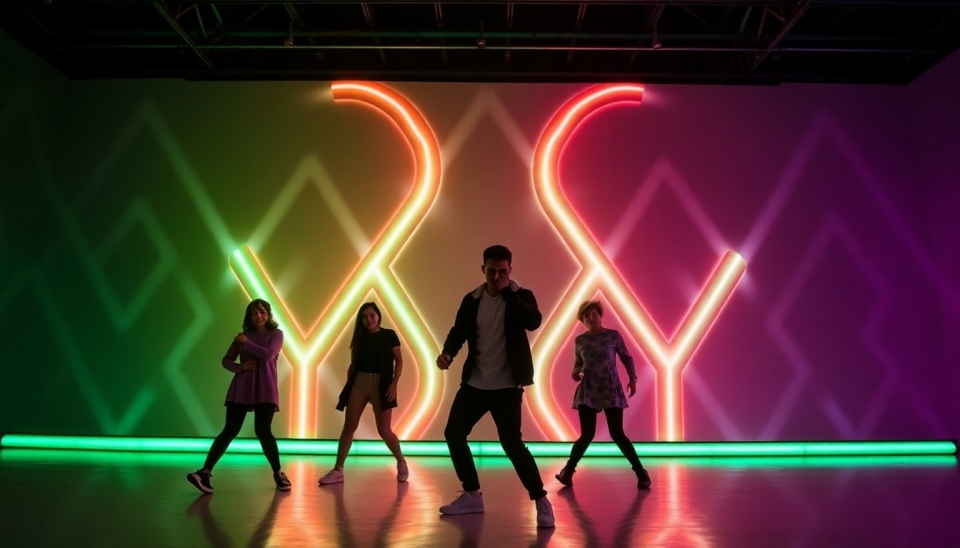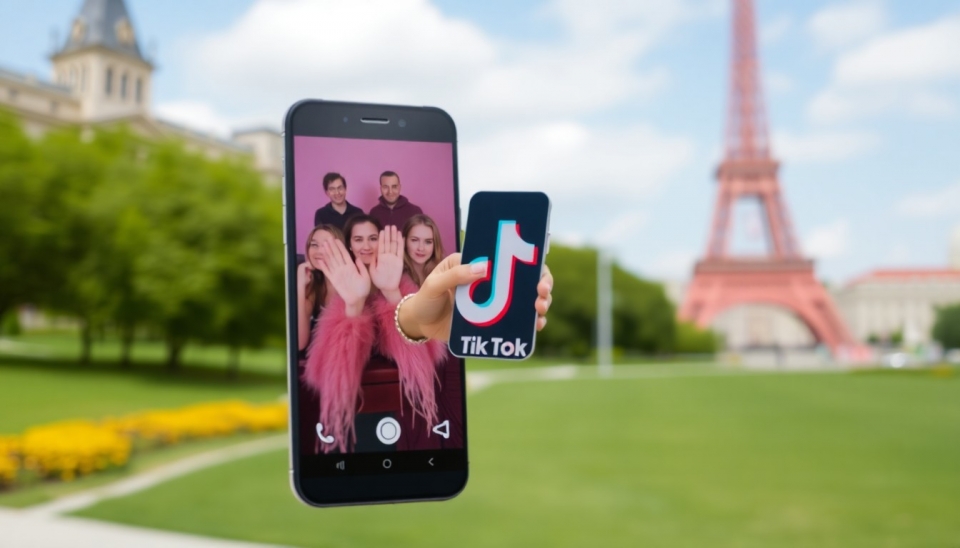The Decline in American Support for a Possible TikTok Ban

Recent surveys indicate that support for a potential TikTok ban in the United States has significantly decreased among the public. A study conducted in early September reveals that only 30% of respondents back the idea of banning this popular video-sharing platform. Furthermore, 45% of those surveyed oppose any efforts to shut down TikTok, illustrating shifting attitudes among Americans toward an app that has become not just entertaining but a vital tool for many users.
According to the survey data, opposition to a TikTok ban comes from both Democrats and Republicans, highlighting widespread support across all political groups. Nonetheless, authorities, including the White House, continue to express concerns over national security risks associated with the Chinese ownership of TikTok, which intensifies the pressure to take action. Amid rising fears, the FDA and other governmental institutions have reached out to experts to assess the potential risks associated with the platform's usage.
Recently, TikTok has proposed a revised plan for compliance and user data security. They have announced their intention to roll out new features aimed at protecting user privacy and data security in order to minimize impacts on users' health and well-being. However, these steps may not be sufficient to reassure American authorities who demand stricter measures to safeguard national interests.
The survey suggests that the public in the U.S. increasingly supports the idea that TikTok should continue operating, while insisting on the need for greater transparency and better oversight on the platform's part. This data indicates that the platform needs to work harder on building trust with users and government entities.
Given the dynamics of changing public opinion, TikTok's future in the U.S. remains uncertain. Many experts predict that if the company can demonstrate its commitment to data protection and user security, it may lead to reduced pressure from authorities and improved perceptions of the platform among the public.




